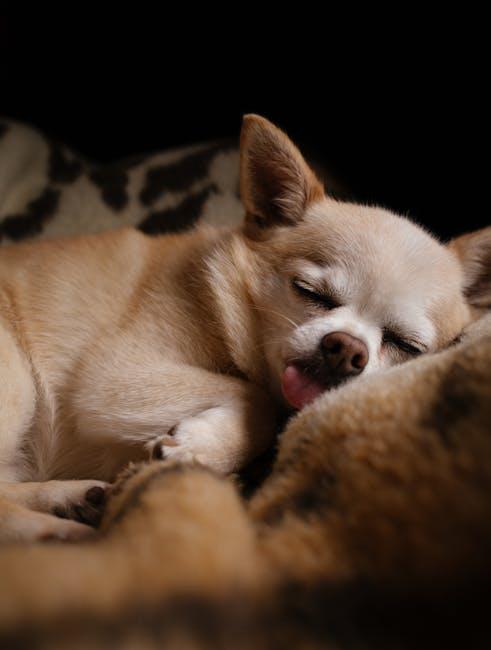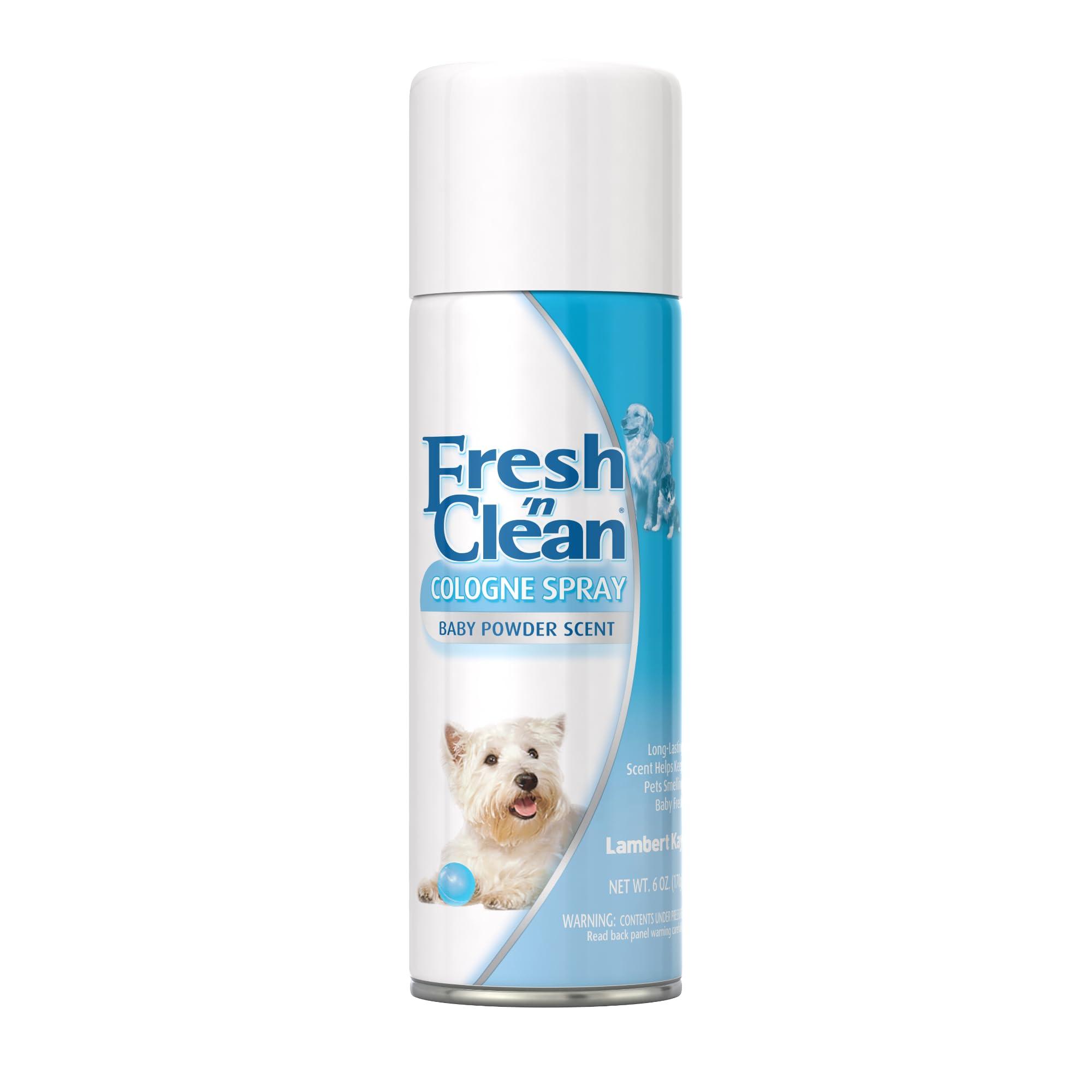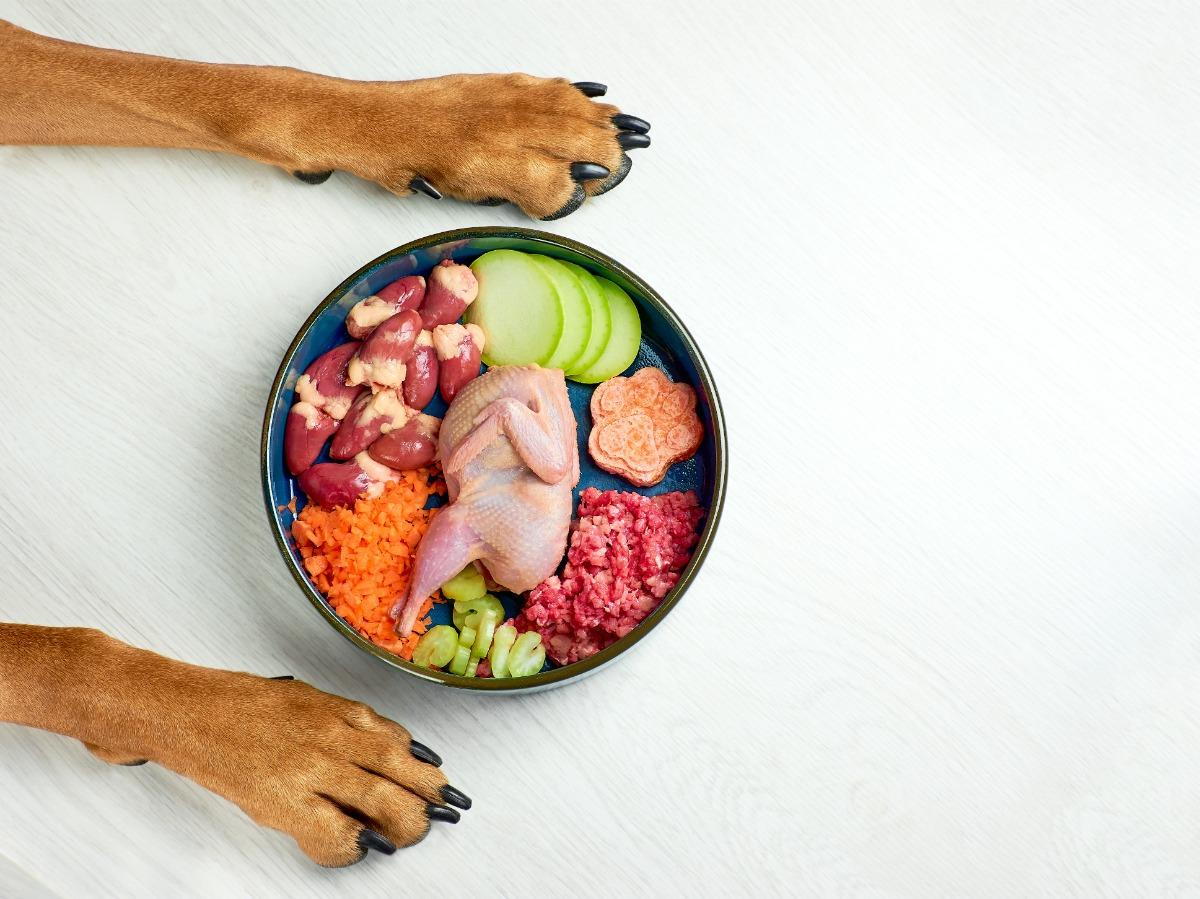Welcoming a furry friend into your home often means embracing a world of wagging tails, playful antics, and unconditional love. However, alongside the joys of pet ownership, there are a few less glamorous aspects—one of which might be an unexpected, pungent aroma wafting through your living space. If you’ve noticed your beloved canine companion has developed an odor that’s less than pleasant, fear not. You’re not alone, and more importantly, there are effective, gentle solutions at hand. In this guide, we’ll explore practical and caring strategies to manage and minimize doggy odors, ensuring your home remains a fresh and inviting sanctuary for both you and your four-legged family member.
Understanding the Causes of Dog Odor
Unpleasant dog odors can stem from a variety of sources, and understanding them is the first step towards effectively managing them. Common causes include:
- Poor Hygiene: Regular grooming is crucial as it helps remove dirt, dead skin, and excess oils that can accumulate and cause odors.
- Ear Infections: Dogs with floppy ears are particularly prone to infections, which can emit a strong, unpleasant smell.
- Dental Issues: Bad breath might indicate dental disease, which is not only a source of odor but also a health concern.
- Skin Conditions: Conditions like allergies or infections can lead to increased oil production or yeast overgrowth, both of which contribute to odor.
- Diet: A poor diet can affect your dog’s skin and coat health, potentially leading to a noticeable smell.
By identifying the underlying causes, you can tailor your approach to tackle the specific issue, ensuring your furry friend smells fresh and stays healthy.

Effective Bathing Techniques for a Fresh-Smelling Pup
Ensuring your pup smells fresh involves more than just a quick rinse. Begin by selecting a dog-specific shampoo that’s suitable for your pet’s skin type and coat condition. Lukewarm water is crucial—too hot or too cold can make the experience uncomfortable for your furry friend. As you start the bath, gently massage the shampoo into your dog’s coat, taking care to reach areas that often trap odors, like under the ears and around the neck.
- Brush Before Bathing: Remove loose fur and untangle knots for an even wash.
- Use a Conditioner: It helps maintain a soft coat and can add a pleasant scent.
- Rinse Thoroughly: Ensure all shampoo and conditioner are washed out to prevent skin irritation.
- Dry Properly: Towel dry and, if your dog tolerates it, use a blow dryer on a low setting.
Incorporating these techniques will not only keep your pup smelling delightful but also make bath time a more enjoyable bonding experience for both of you. Remember, regular grooming between baths can help maintain that fresh scent longer!

Choosing the Right Diet to Reduce Odor
When it comes to managing your furry friend’s odor, what you put in their bowl can make a significant difference. A balanced diet rich in high-quality proteins and free from artificial additives can help keep unpleasant smells at bay. Consider these key dietary elements:
- Omega-3 Fatty Acids: Found in fish oil and flaxseed, these can help reduce skin inflammation and promote a healthy coat.
- Probiotics: Incorporating these into your dog’s diet can aid digestion and reduce gas, a common cause of odor.
- Fresh Vegetables: Adding carrots, green beans, or spinach can improve digestion and contribute to a healthier gut environment.
Opt for a diet that avoids fillers and by-products, focusing instead on whole, natural ingredients. Consult with your veterinarian to tailor a plan specific to your dog’s breed, age, and health needs. A thoughtful approach to nutrition can be a game-changer in keeping your pet smelling fresh.
Incorporating Natural Remedies into Your Routine
Integrating natural solutions into your daily routine can be an effective and gentle way to manage your dog’s odor issues. Begin by exploring essential oils like lavender and chamomile, known for their calming and deodorizing properties. Add a few drops to your dog’s shampoo or create a DIY spray by mixing with water, ensuring to avoid sensitive areas like the eyes and nose. Remember to always check for allergies or sensitivities by testing a small area first.
Consider incorporating the following natural remedies into your pet care routine:
- Baking Soda: Sprinkle a small amount onto your dog’s coat before brushing to neutralize odors.
- Apple Cider Vinegar: Dilute with water and use as a rinse post-bath to help balance your dog’s skin pH.
- Coconut Oil: Not only does it promote a healthy coat, but it also has antibacterial properties that can reduce smell.
- Lemon Juice: Mix with water and use as a natural deodorizing spray, avoiding direct sunlight exposure after application.
By weaving these natural ingredients into your regular care routine, you can help keep your furry friend smelling fresh while also maintaining their overall well-being.

